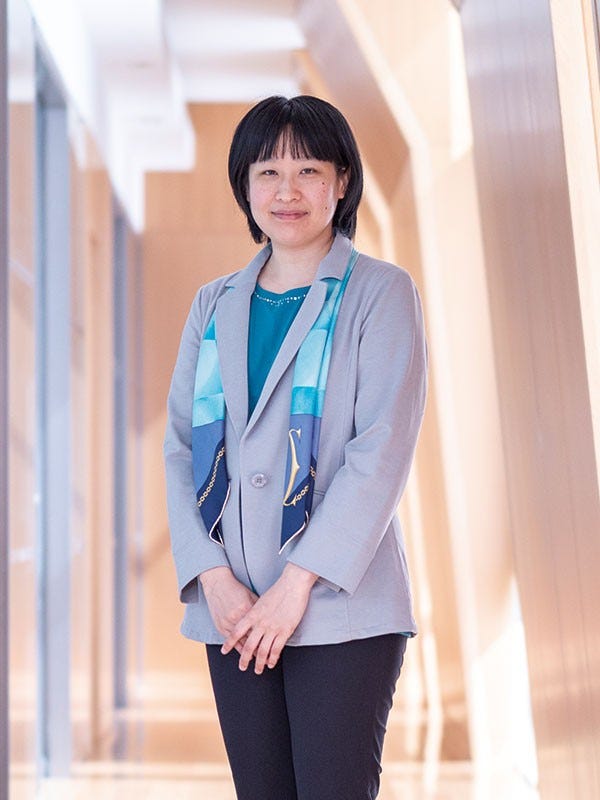Dragon Year AI
With the new year of the Dragon well under way, policymaking has not stopped on AI in Asia. See the details below.
Happy Year of the Dragon!🐉
Asia’s AI policymaking has continued at a fast pace and we are pleased to be publishing Edition 2 of the year! We round-up all the news and provide some analysis on what’s happening so far. If you are interested in contributing your thoughts and insights on Asia’s AI policy and governance, reach out to our editor at seth@apacgates.com.
Asia in the crosshairs: Cybersecurity and AI
Microsoft’s Threat Intelligence team and OpenAI published findings about the use of AI tools being used by some 300 hacker organizations and 160 nation state actors. Looking at the report reveals that Asia-based threat actors are significantly represented (with specific mention of groups from North Korea, Iran and China). Microsoft reported that it appears that these organizations are using the tools merely for productivity enhancing purposes (e.g. research, some script editing), and they have not detected novel uses of AI or approaches to further cybercrime. However, independent researchers have indicated that LLM agents can autonomously hack websites, significantly reducing the cost associated with these malicious operations; so don't expect hackers to sit around on the innovations on offer through these new generation of AI tools.
What we are thinking: Because Asia is also home to the targets of some of the highest number of state-sponsored cyberattacks, according to Microsoft’s 2023 Digital Defense Report – including South Korea, India and Taiwan - policymakers in the region will likely be looking closely at the intersection of AI and cybersecurity in the coming years more closely.
ASEAN AI Governance and Ethics Guide Published
The 10 member country group released its AI ethics guidelines. The guide tracks much of the global discourse on ethical AI governance (such as by also including the rather over-broad OECD definition of AI) with a focus on seven primary issue areas:
transparency/explainability
fairness/equity
security/safety
human centricity
privacy and data governance
accountability/integrity
robustness/reliability
Given the nature of ASEAN, this of course tracks closely to guidelines published by individual countries, such as Indonesia last year or Singapore in 2019.
What to watch: The document recommends setting up an ASEAN Working Group on AI Governance. This will be a key group to get engaged on how AI is managed in the 10 member country group and to see how AI will be integrated into other initiatives such as the ASEAN Economic Community. The report also calls out the importance of environmental monitoring and impact of AI - something to watch in ASEAN.
What we are thinking: Some innovations found in the document are ideas to create a compendium of AI governance use cases from the region - something the Asia-Pacific needs to embrace to ensure AI governance and policy is not 100% a US, EU and/or China affair.
Gaps: Although human-centricity is a key component of the document, not much attention is paid to the civic freedoms, rule of law, and other human rights concerns in the digital environment. Given the consensus based nature and the diverse set of political environments in ASEAN, of course, this is not unexpected.
A Look into Australia’s Interim Report
We reviewed the Australian governments Interim Report on Safe and Responsible AI in Australia. In general, concerns highlight needs to address existing risks (such as bias in AI systems), while securing the advantages of AI system (such as in productivity). The government indicated that the guiding principles it will take on in response to AI are:
risk-based approach
balanced and proportionate
collaborative and transparent
international
community first
What we are thinking: This report was developed with much industry feedback, and so takes on the industry-needs approach. As such it is quite similar to efforts in Singapore, such as AIVerify, seeking to build out practical governance tools for industry use (e.g. watermarking). However, unlike the ASEAN Guide discussed above, the Australian report emphasizes in more detail the need to prevent potential and immediate harms of AI tools (such as bias, discrimination, misinformation).
Analysis: China's AI Governance Strategy
The Asia Society affiliated researcher Qiheng Chen has recently published this piece on China's AI policies. A great review of the action at the regulatory level in 2023 and how it reveals China's overall policy attitude to the AI industry and AI governance in general.
Japan AI Safety Institute
This month, Japan established an AI Safety Institute within the IT Promotion Agency. This matches moves made by the US and UK in recent months to establish AI Safety Institutes. The Institutes will focus on investigation, safety assessment and international collaboration.
What we are thinking: We expect that other countries in the region will establish similar organizations – such as South Korea and Australia in the near future (or similar initiatives, such as suggested by the Australia Interim Report above for the National AI Council to create AI Safety Standards).
AI Events in Asia and Globally
March 13-14
World Intellectual Property Organization: Bytes, Rights and the Copyright Conundrum
In the News: AI Regs to Come, Regs to Stay
India: Existing IPR Regime Well-equipped to deal with AI
Japan's Ruling Party Proposes GenAI Regs for 2024
Hong Kong Copyright and AI Public Comment to come this year
New Zealand Minister Positioned for Regulation: Getting it Right
India set to get AI Regs by July
Indonesian Regulation: Stepping Stones to AI Act
Profiles: Asia's AI Policymakers
We continue our profiles of the Asia-based members of the UN Advisory Body on AI.
Arisa Ema
Associate Professor at the University of Tokyo
Dr. Arisa Ema serves as an Associate Professor at the University of Tokyo and holds the position of Visiting Researcher at the RIKEN Center for Advanced Intelligence Project in Japan. Dr. Arisa is a board member of the Japan Deep Learning Association (JDLA) and a member of the Council for Social Principles of Human-centric AI, that was responsible for publishing the "Social Principles of Human-Centric AI" in 2019. Additionally, Dr. Arisa is an active member of the Japanese government's AI Strategy Council, inaugurated in May 2023. On an international level, she contributes as an expert member within the working group on the Future of Work for GPAI (Global Partnership on AI).
She is a researcher in Science and Technology Studies (STS), and her primary interest is to investigate the benefits and risks of artificial intelligence by organizing an interdisciplinary research group. She is a co-founder of Acceptable Intelligence with Responsibility Study Group (AIR) established in 2014, which seeks to address emerging issues and relationships between artificial intelligence and society. She is a member of the Ethics Committee of the Japanese Society for Artificial Intelligence (JSAI), which released the JSAI Ethical Guidelines in 2017. She is also a board member of the Japan Deep Learning Association (JDLA) and chairing Public Affairs Committee. She was also a member of the Council for Social Principles of Human-centric AI, The Cabinet Office, which released “Social Principles of Human-Centric AI” in 2019. She obtained a Ph.D. from the University of Tokyo and previously held a position as Assistant Professor at the Hakubi Center for Advanced Research, Kyoto University.
She brings an academic profile from Asia to the table, and a human and rights-centric concentration, a unique profile from the other regional representatives from Asia.
Public Policy Input
United Nations High Level Advisory Body on AI seeks comments on Interim Report by March 31.
Japan seeks comments on AI Guidelines for Businesses this month.
Singapore seeks comments on Generative AI Guidelines by March 15. See the brief explainer by Channel News Asia here:
The Asia AI Policy Monitor™ newsletter is supported by the staff at APAC GATES, LLC - an Indo-Pacific non-profit association management consultancy focused on innovation policy and the rule of law.
If you are interested in the latest information on Asia's AI Policy - join our LinkedIn Group here.
If you would like to make an impact on Asia’s AI policy landscape, we are organizing interested Asia-based firms and individuals to provide the Indo-Pacific perspective on global and regional AI policymaking through the Asia AI Policy and Governance Advisory Council. Reach out to our team if you are interested in sharing your views with a network of other non-profits and individuals dedicated to justice, connection and understanding across the Indo-Pacific. Email our editor seth@apacgates.com to get involved.
Don’t forget to subscribe if this was forwarded to you.








